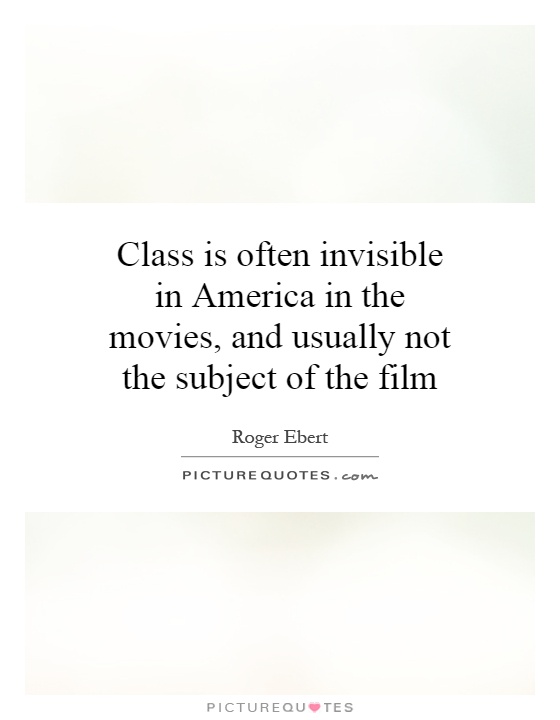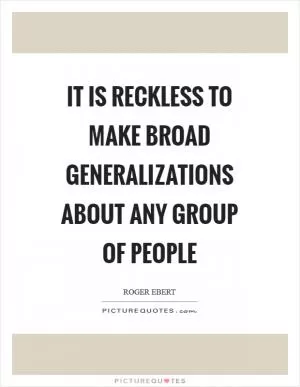Class is often invisible in America in the movies, and usually not the subject of the film

Class is often invisible in America in the movies, and usually not the subject of the film
In America, class is a complex and often overlooked aspect of society that plays a significant role in shaping individuals' experiences and opportunities. Despite its importance, class is often invisible in American movies and is rarely the subject of the film. This lack of representation can be attributed to a variety of factors, including the dominant cultural narratives that prioritize individualism and success, as well as the tendency of filmmakers to focus on more easily marketable themes.One of the most influential film critics in American cinema, Roger Ebert, was known for his ability to analyze and critique films with a keen eye for detail and nuance. Throughout his career, Ebert often highlighted the ways in which class dynamics were portrayed in movies, pointing out the subtle ways in which filmmakers either ignored or misrepresented the realities of class in America.
Ebert's reviews often touched on the ways in which class intersected with other social issues, such as race, gender, and sexuality. He recognized that class was a fundamental aspect of American society that influenced everything from the characters' motivations to the settings in which the films were set. Ebert understood that class was not just about economic status, but also about power dynamics, social hierarchies, and cultural norms.
One of the reasons why class is often invisible in American movies is because it is a difficult and uncomfortable subject to address. Many filmmakers prefer to focus on more glamorous and aspirational themes, such as wealth, success, and celebrity, rather than delve into the complexities of class inequality and social stratification. Additionally, the film industry is often dominated by wealthy and privileged individuals who may not have firsthand experience with the struggles of working-class or marginalized communities.
Despite these challenges, there have been some notable exceptions in American cinema where class has been a central theme. Films such as "Parasite," "The Florida Project," and "Sorry to Bother You" have all received critical acclaim for their honest and nuanced portrayals of class dynamics in America. These films challenge the dominant narratives and offer a more realistic and empathetic depiction of the struggles faced by those on the margins of society.












 Friendship Quotes
Friendship Quotes Love Quotes
Love Quotes Life Quotes
Life Quotes Funny Quotes
Funny Quotes Motivational Quotes
Motivational Quotes Inspirational Quotes
Inspirational Quotes